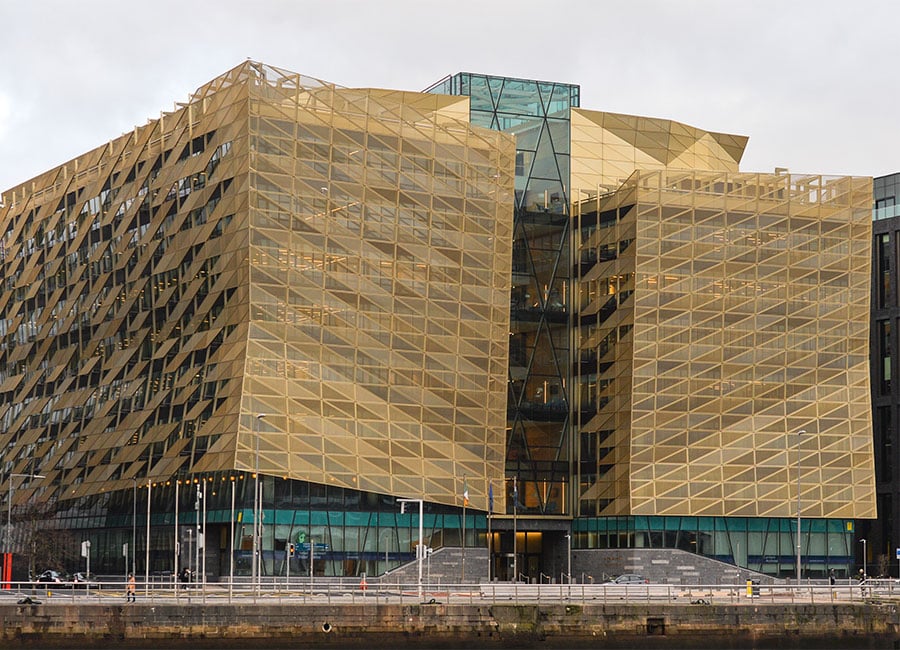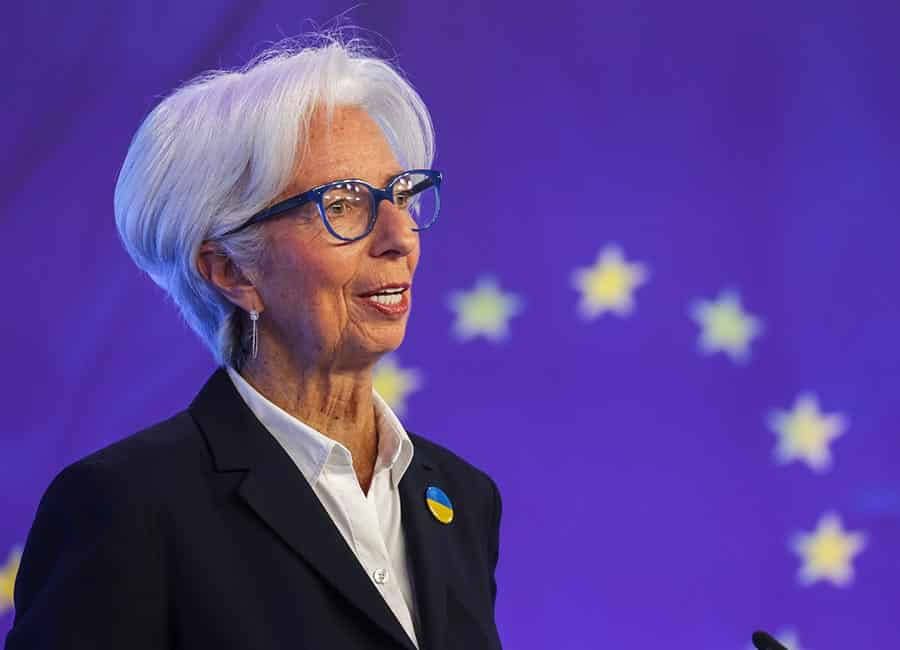Household net wealth hit a record high of just over €1tn after increasing €19.6bn in the first quarter of the year, although the Central Bank warned that the growth would not be reflected in the finances of all households or the distribution of wealth.
Average annual growth in house prices of 15% for the quarter ensure that the value of household housing assets reached a series high of €649bn from €630bn in the previous quarter, with €17.7bn in growth derived from rising values and investments accounting for another €2bn.
Positive evaluations in housing assets represented the dominant driver in the increase of net wealth in recent quarters, with increases in the year to Q1 representing the highest annual revaluations on record at €95bn.
Rising deposits and upward revaluations of other financial assets were also important sources of growth, adding €32bn to net wealth year-on-year to reach an all-time high of €532bn, with new investment in financial assets making up €17bn of the growth due to increases in deposits, investment in listed and unlisted shares, insurance and pension products.
Household liabilities rose by just €100m over the quarter, but gross household savings fell €900m during the three-month period.
At €7.2bn, gross household savings remain elevated when compared to pre-pandemic levels, and the decline has been attributed to falling disposable income and an increase in consumer spending driven by inflation.

Private sector debt as a proportion of GDP declined one percentage point to 197% in the first quarter, but in terms of overall value, there was a large increase to €861bn as non-financial corporations added €25bn in debt during the period.
The fall in debt as a proportion of GDP is due to strong growth in GDP, with an estimated €16bn added during Q1, although these figures are warped by the influence of large multinationals based in Ireland.
Government debt declined €10bn to €239bn with an €8.4bn decline in long-term debt securities and a €2.3bn fall in short-term debt securities. Government financial assets declined by €700m to stand at €109bn, improving the government's net financial wealth position from -€168bn to -€159bn.
The domestic economy was a net lender for the fifth consecutive quarter, with net lending of €38bn representing a decrease of €4.5bn compared to the previous quarter. The NFC sector continued to be a net lender, despite a decline of €2.8bn to €11.5bn in Q1.
Lending by financial corporations, presently the largest net lender sector, declined by €2.5bn to stand at €23bn. Households’ net lending position declined €300m to €4.1bn.
Irish households have been net lenders since 2009. By contrast, the government sector continued to be a net borrower, increasing by €1.1bn to stand at a -€400m.
(Pic: Getty Images)











